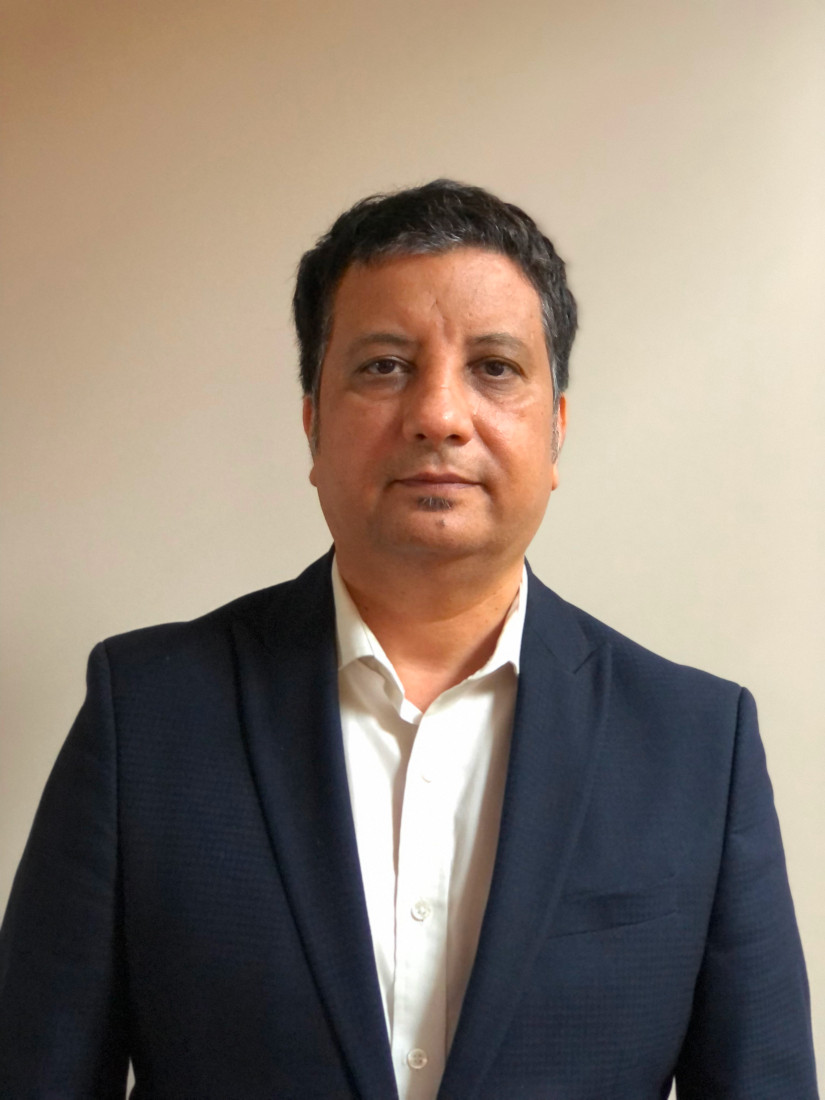PROFile: ‘A holy grail of diagnostics’
Anuraag Shrivastav, professor adjunct, Department of Biology
Born in India, Anuraag Shrivastav arrived in Winnipeg by way of Saskatoon in 2009. While working on his PhD, his focus turned to the prevention of cancer, primarily colorectal cancer.
“My interest in colorectal cancer stemmed from the fact that it is one of the most treatable cancers. Yet it is the second leading cause of death in men and third leading cause of death in women due to cancer,” Shrivastav says.
Shrivastav says the fecal-based test used in Canada detects colon cancer about 20 per cent of the time. “The fecal test compliance is really low, and the reason is its unpleasant nature. It’s a shitty test,” he says.
Shrivastav says blood tests have a higher compliance rate of about 80 per cent.
“A blood test can detect the very early stages of colorectal cancer. It takes five to 10 years for precancerous lesions to transform to malignant tumours. You have a long window of opportunity to detect and remove those polyps,” he says.
Shrivastav and his research team successfully created a novel blood test to detect precancerous lesions and colorectal cancer. The test is currently undergoing a 600-patient trial as part of the approval process.
Regulatory bodies like the United States Food and Drug Association and Health Canada require a much larger patient study. That stage of the approval process is expensive.
“Once we prove that the efficiency is high in a 600-patient trial, then some company has to take it and do a 20,000-patient trial and bring it to the market,” he says.
Research findings, to date, are encouraging. Usage of a fluid-based test has the potential to save more lives.
“You’re not only detecting. You are preventing colorectal cancer. That was the whole idea of detecting the development of cancer through a blood test. It would be kind of a holy grail of diagnostics,” Shrivastav says.
—
What is the best part of your work?
“Research is my passion, so I get paid for doing something I love to do.”
What do you do in your spare time?
“I love camping. I love to be on the water. I like to relax with my family.”
What is something you have learned from your students?
“To be open to anyone’s ideas. (From) one of my (honour) students … I learned to manage time."
Published in Volume 77, Number 08 of The Uniter (November 3, 2022)








